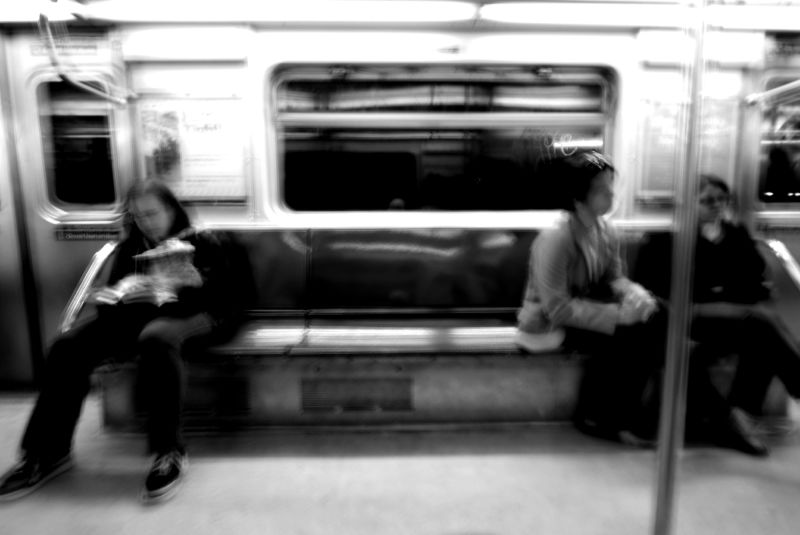Democrats in Mayor Race Spar Over Issues of Public Safety

Democrats in Mayor Race Spar Over Issues of Public Safety
Following the bombings in Boston last week, which killed three and injured more than 150, anti-terrorism efforts and procedures to thwart potential attacks in New York City have been pushed to the forefront of conversation.
In fact, that was the topic that started Wednesday night's televised debate at John Jay College of Criminal Justice in Manhattan. The debate's focus was public safety, and the six democrats vying to be the city's next mayor stood at attention behind clearly-marked podiums.
City Council speaker Christine Quinn spoke first and said that in order to prevent terrorism, the city must utilize and purchase more of the technology that is available. She cited an increase in mobile cameras and the creation of a smartphone or tablet application that would allow New Yorkers to report suspicious activity by sending a text message or photograph to the authorities.
But Quinn noted that the city cannot rely solely on technology.
"Every terror expert I've spoken to, regardless of what side of the political spectrum they're on, would tell you that the key to fighting terror — yes, it's enough police officers; yes, it's cameras and technology — but it is based on a community-police connection," Quinn said.
Bill de Blasio, the city's public advocate, touted the work of the city's first responders before agreeing and expanding on Quinn's point.
"I think when you have that partnership [between the police and the community], police are freed up to do the most important investigatory work [and are] not caught up in quotas and other systems that keep them away from the best work that they can do," de Blasio said.
With regard to the size of the city's police force, de Blasio said he would not dip below the current count of 34,000 officers. Sal Albanese said he would add 3,8000 officers and Bill Thompson would like to see at least 37,000 officers on the street, ringing in "a new era of community policing."
Comptroller John Liu said that other city agencies must get involved when the city plans strategies to fight against terrorism. He spoke specifically about the city's transportation department.
"In this day, in 2013, it's appalling that in the city of New York you can't communicate, for the most part, when you're on the subway system," Liu said. "That has to change. It has to be a priority."
The candidates' answers were split when a John Jay student asked a familiar question about the future of Police Commissioner Ray Kelly.
Albanese answered first and said it would be "irresponsible" for any candidate to plan that far in advance.
De Blasio said Kelly's oversight of the stop-and-frisk police tactic, as well as his inability to create that police-community relationship has turned him away from Kelly.
Liu would not offer Kelly the job either, saying, "After twelve years, it's been a pretty grueling run for."
Quinn said she would be happy to have Kelly stay on, citing last year's record-low murder rate of 419.
When asked about Kelly, Thompson said, "It's time to move on."

